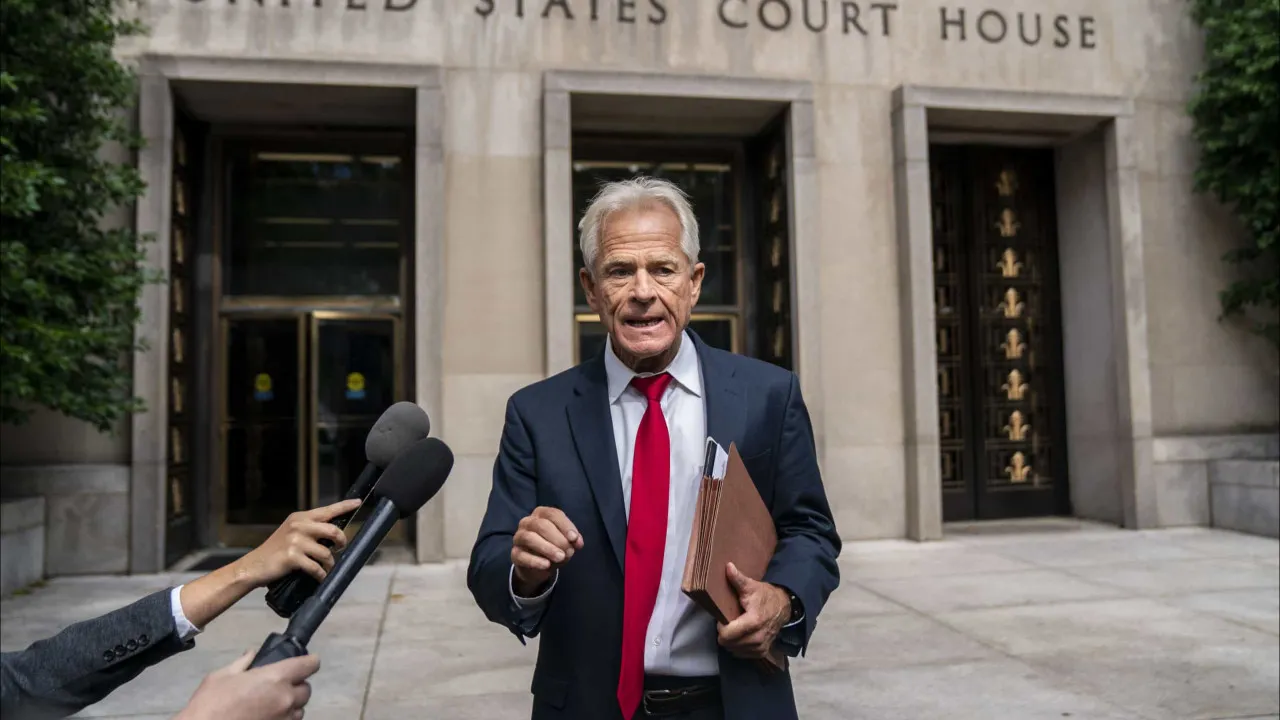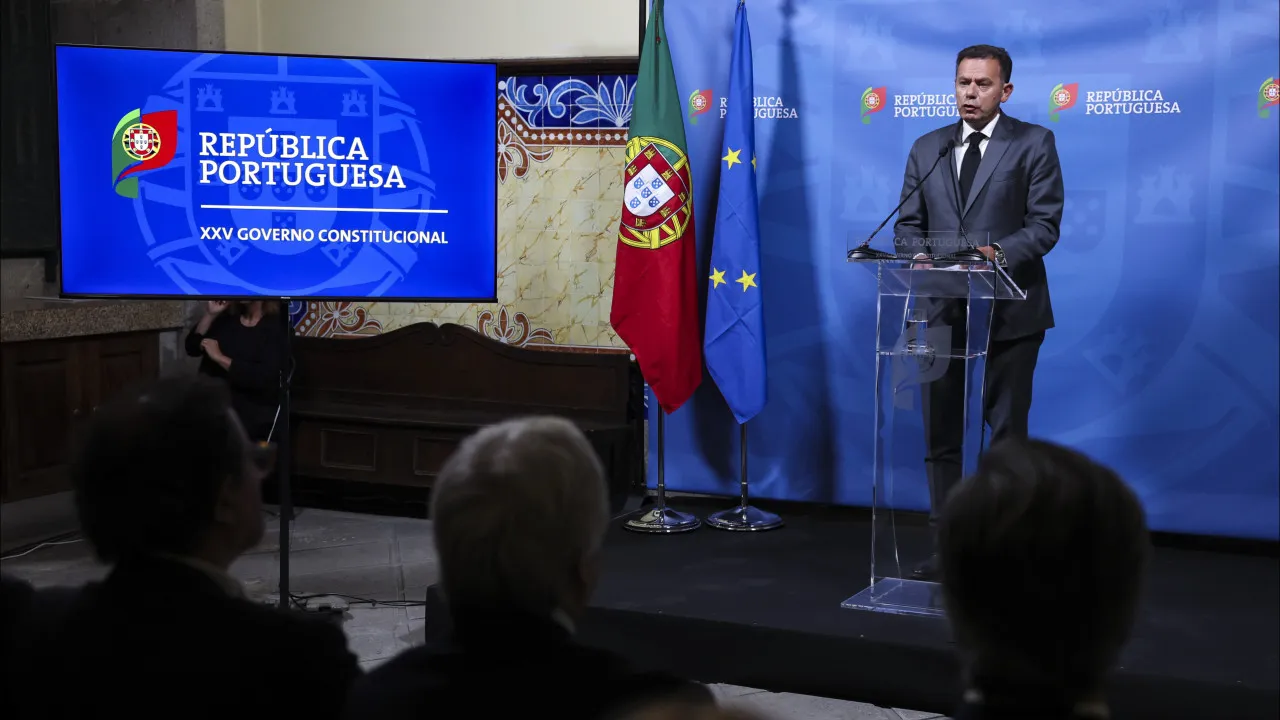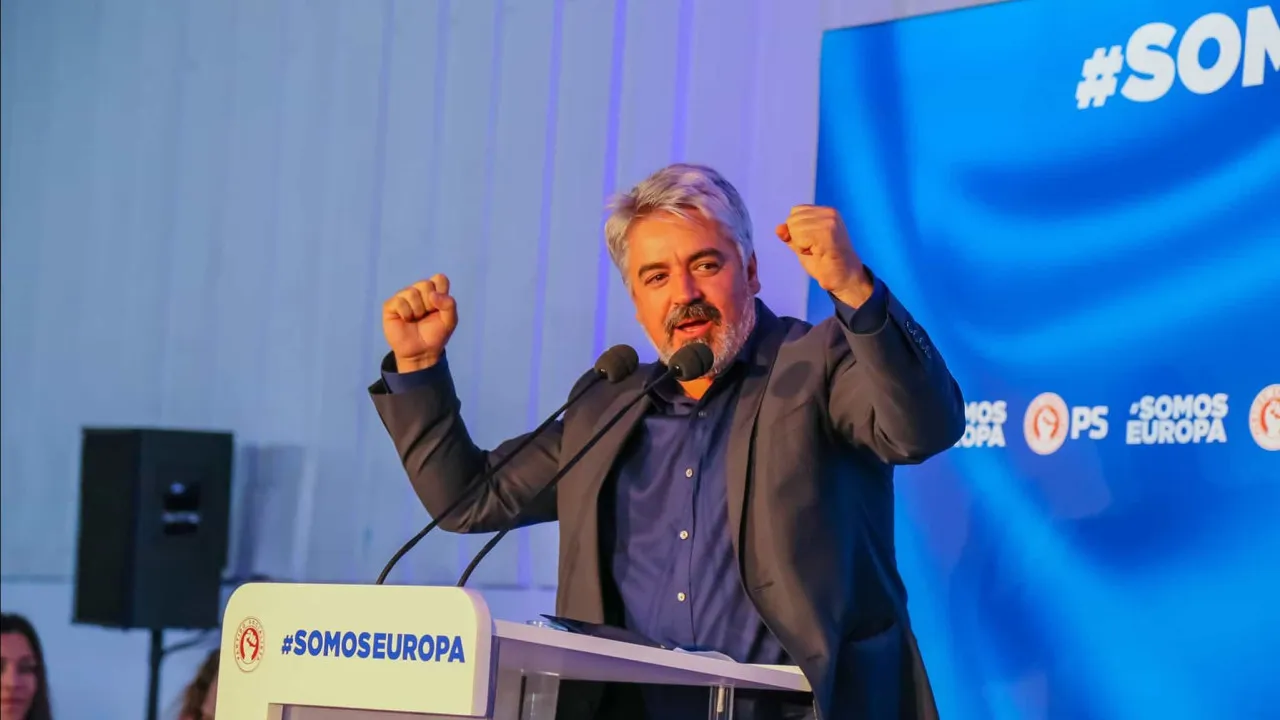
“I can say that the experience from the first mandate with tariffs on steel and aluminum is that every time we tried to grant an exemption or exclusion to one of our allies, they completely abused it, and we learned it was a dangerous path. Therefore, there will be no exemptions or exclusions for the tariffs on steel and aluminum,” Navarro told reporters outside the White House.
On the occasion of today’s release of new details regarding the trade agreement between Washington and Brussels, finalized in July in Scotland, Navarro was specifically asked about EU steel and aluminum products, although his response referred to any imports of these metals, regardless of origin.
Following Donald Trump’s inauguration in January, Washington decided to tax all steel and aluminum at 50%, although it decided to cut the tariffs by half for these metals from the United Kingdom.
The official, regarded as the architect of Donald Trump’s trade policy, was also asked today about the possibility of European wines and spirits, a product considered very important by the EU, receiving exemptions, but the minister declined to comment.
Navarro stated that the legal framework published today marks the beginning of “a new and beautiful spirit and environment of cooperation with Europe” and argued that, given the benefits it brings to the U.S., no one, including the courts deliberating on the legality of the U.S. government’s tariffs, should criticize Washington’s trade policy.
The advisor also took the opportunity to once again criticize India, whose exports to the U.S. were taxed with a “reciprocal” tariff of 25% and another 25% for its purchases of Russian crude oil.



